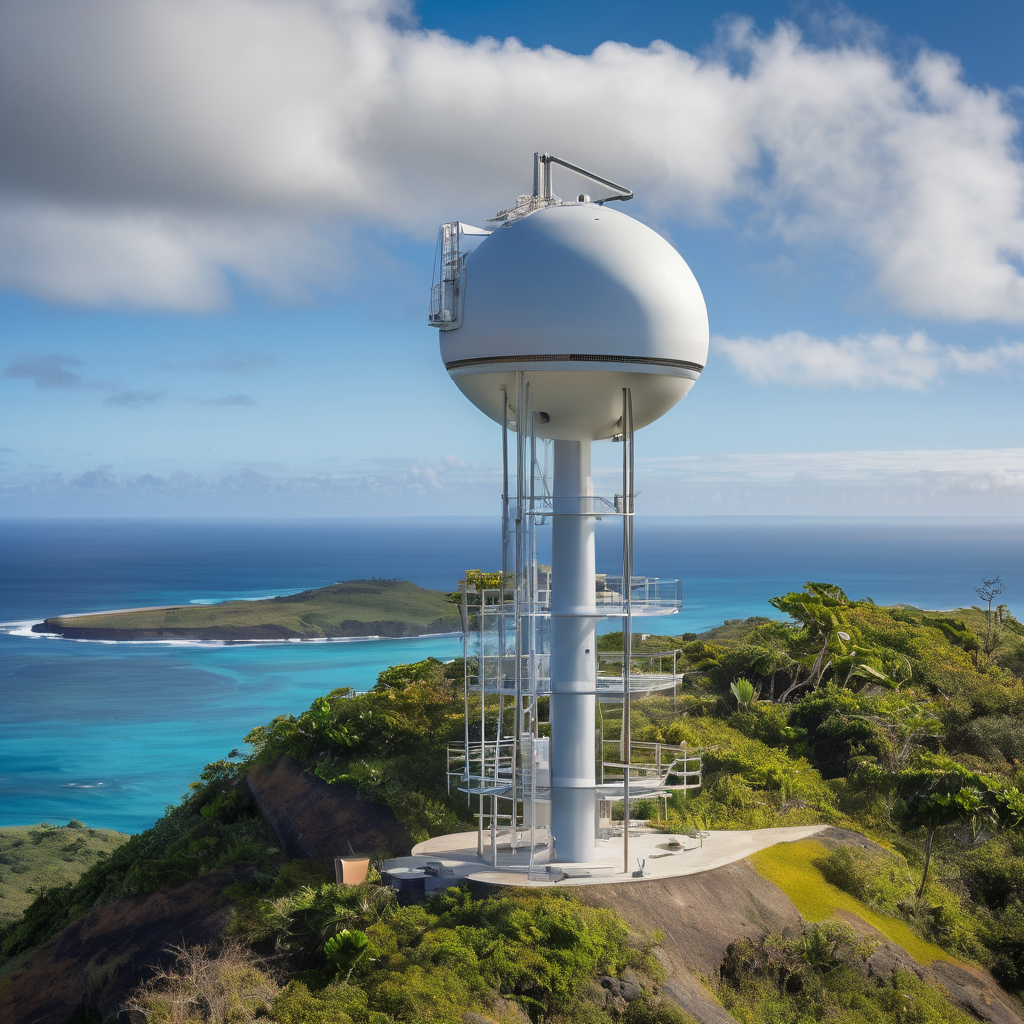Fiji has made a significant stride in climate resilience by securing approximately $27.6 million from the Green Climate Fund aimed at uplifting its climate monitoring and disaster preparedness systems. This funding will be used to modernize weather monitoring tools, replacing outdated weather stations with automated ones, and reintroducing crucial river-level tracking systems essential for predicting and managing natural disasters effectively.
A noteworthy aspect of this initiative is the creation of a mobile application designed to deliver real-time alerts to all residents, ensuring communities remain informed in critical situations. Sakiasi Ditoka, the Minister for Rural and Maritime Development and Disaster Management, emphasized the importance of timely warnings, stating that such notifications can reduce fatalities by up to six times. As Fiji grapples with increasing threats from floods and cyclones, which have disruptive effects on businesses and daily life, these upgrades are more urgent than ever.
In addition to local improvements, the Fiji government is enhancing its international collaborations to strengthen disaster preparedness. The Japanese government is installing tsunami sirens across Viti Levu while Korea is contributing by providing flood early warning devices in various regions, including Naitasiri, Tailevu, Ba, and Macuata. Furthermore, the integration of Starlink satellite units will improve communication for coastal communities, ensuring they receive vital information promptly.
Addressing concerns from opposition members regarding the implementation of these systems, Ditoka confirmed that the Korean and Japanese technology is already operational and will synergize with satellite systems when they reach full functionality. He noted that the coverage of the early warning systems currently extends beyond the Lami Peninsula, with future improvements relying on continued support from Japan.
Ditoka also reassured that flood forecasts will take into account water levels and soil saturation, facilitated by ongoing communication with the Fiji Meteorological Office. The Ministry is actively preparing for the cyclone season in 2025-2026 through community training programs, awareness campaigns, and operational checks at evacuation centers.
The ultimate objective, according to Ditoka, is to establish a comprehensive, people-focused, accessible, and actionable early warning system that prioritizes the safety of all Fijians. These initiatives not only demonstrate Fiji’s commitment to enhancing disaster resilience but also offer a beacon of hope for other Pacific nations facing similar climate threats. With these advanced systems and community involvement, Fiji significantly enhances its disaster preparedness, paving the way for a future where its communities are more secure against climate-related challenges.
